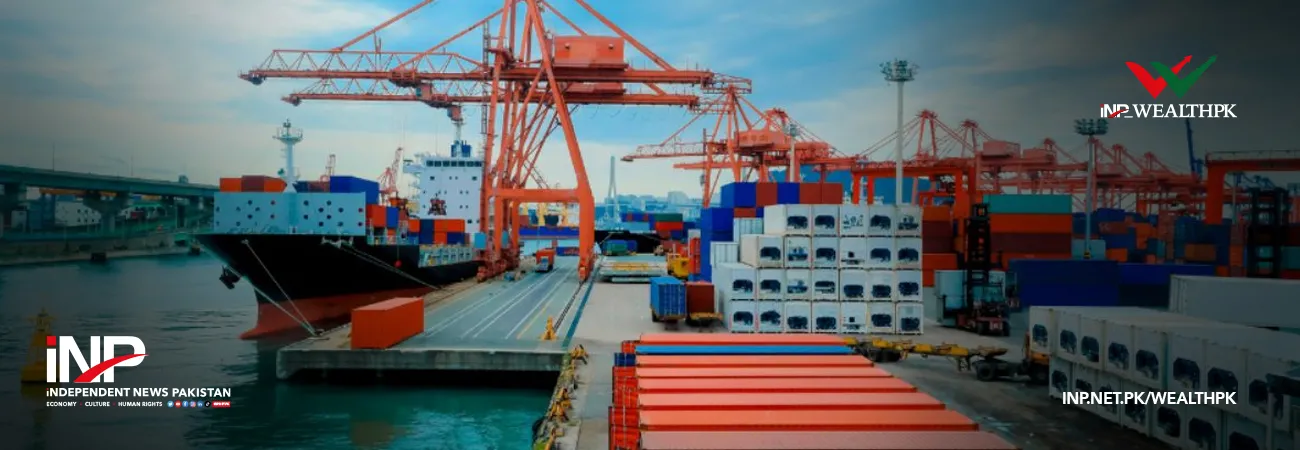INP-WealthPk
By Samia Khalid ISLAMABAD, June 06, (INP-WealthPK): The second phase of the China-Pakistan Economic Corridor (CPEC) revolves around the private sector to promote industrialisation and trade, reports WealthPK. The first phase of CPEC was dominated by government-to-government collaboration in physical infrastructure in the domains of roads, motorways and energy. However, the second phase of the game-changer mega project revolves around the private sector. It is the need of the hour to mobilise local investment and attract international investors to get full benefits of the project. Pakistan has put the second phase of CPEC on a fast track. A perfect mix of public-private partnerships, encompassing even domestic banks and financial institutions, will boost foreign direct investment (FDI) in CPEC projects. According to the Board of Investment (BoI) Pakistan, CPEC has aided the fast expansion of special economic zones (SEZs), which have shown to be a globally successful economic model. The government is playing the role of facilitator in the execution of the second phase of CPEC while the private sector and business community will be its main beneficiaries. Keeping in view the industrial and agricultural development as a result of CPEC, the importance of public-private partnership has been increased manifold. Under CPEC, the government is making efforts to set up large-scale manufacturing units and information technology zones. “Pakistan has huge potential in the petrochemical, steel manufacturing and information technology sectors. Different proposals are under review to initiate development projects in diverse areas with the support of Chinese and other investors,” said an official of CPEC Authority. He said that the government realised that the only way to make the process of industrialisation effective was to provide tailored incentives to the private sector. Pakistan has created an incentive structure to entice investors. He said that completion of the economic zones was delayed owing to some hurdles. “A new policy framework has been devised for the second phase of CPEC to remove the hurdles and ensure its smooth sailing,” he added. Pakistan can learn from China’s Shenzhen Special Economic Zone. Understanding the needed process for the successful implementation of SEZ plans for industrial and trade growth would be beneficial. It can offer sound advice on how to design a governance structure, which can lead to rapid economic development and industrialisation besides attracting direct foreign investment. Pakistan is enforcing novel strategies in collaboration with China to promote SEZs as a lucrative possibility for boosting industrialisation, trade and investment.













